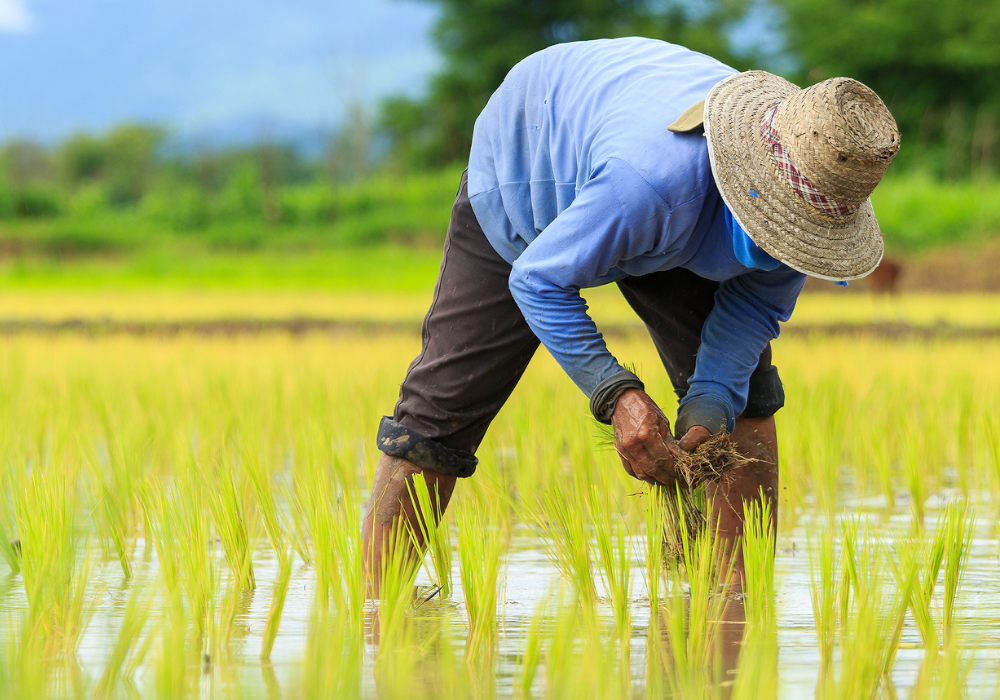Climate Change and Food Prices in Southeast Asia: 2024 Update
Commissioned by ASEAN Food and Beverage Alliance (AFBA) and Food Industry Asia (FIA)

In 2022, Oxford Economics published our first joint report with Food Industry Asia (FIA) on climate change and food prices in ASEAN countries. In this new report, we extend our previous analyses for more countries and over a longer time frame.
We find that a 1% increase in the average temperature raises food producer prices by 1-2% across Thailand, Vietnam, Malaysia, Indonesia, and the Philippines. Our analysis also suggest that food production costs would rise by 31-59% in a scenario in which the world achieves net zero emissions by 2050, compared to the current baseline (in which credibly announced policies are carried through).
The impact of physical and transition risks on food prices calls for ASEAN governments to protect consumers and ease the impact of climate transition. The good news is that ASEAN policymakers are facing a golden opportunity to leverage rising foreign direct investment inflows to the region to upgrade its food sector. In 2022, the region accounted for more than a third of global FDI inflows, up from just one fourth in 2012.
Furthermore, the report makes an economic case for global cooperation to ease the cost of transition for ASEAN food producers. ASEAN accounted for 9.1% of global food exports in 2021, up from 6.6% in 2000. This highlights ASEAN’s increasing importance in safeguarding global food security and avoiding a cost-of-living crisis.
The experts behind the research
Our Macro Consulting team are world leaders in quantitative economic analysis, working with clients around the globe and across sectors to build models, forecast markets and evaluate interventions using state-of-the art techniques. Lead consultants on this project were:

Thang Nguyen-Quoc
Lead Economist, Macro Consulting

Theng Theng Tan
Economist, Macro Consulting
Tags:
Related reports

Economic outlook for 2025 and implications for corporate planning
We expect increasingly divergent growth and risk patterns across regions in 2025.
Find Out More
Beer’s Global Economic Footprint
Consulting Report Climate Change and Food Prices in Southeast Asia: 2024 Update Commissioned by World Brewing Alliance You might be interested in
Find Out More
Double the Pain: The Burden of Unpredictable Excise Taxes & High Inflation on Beer Producers & Consumers in South Africa
The Burden of Unpredictable Excise Taxes & High Inflation on Beer Producers & Consumers in South Africa
Find Out More
The Economic Contribution of International Spirits in Hong Kong
This report presents an assessment of international spirits’ contribution to the Hong Kong economy. It explores how rebalancing the tax structure on spirits towards a specific tax system could potentially provide a more effective tax policy instrument and enable Hong Kong to benefit further from the sector’s economic contribution.
Find Out More